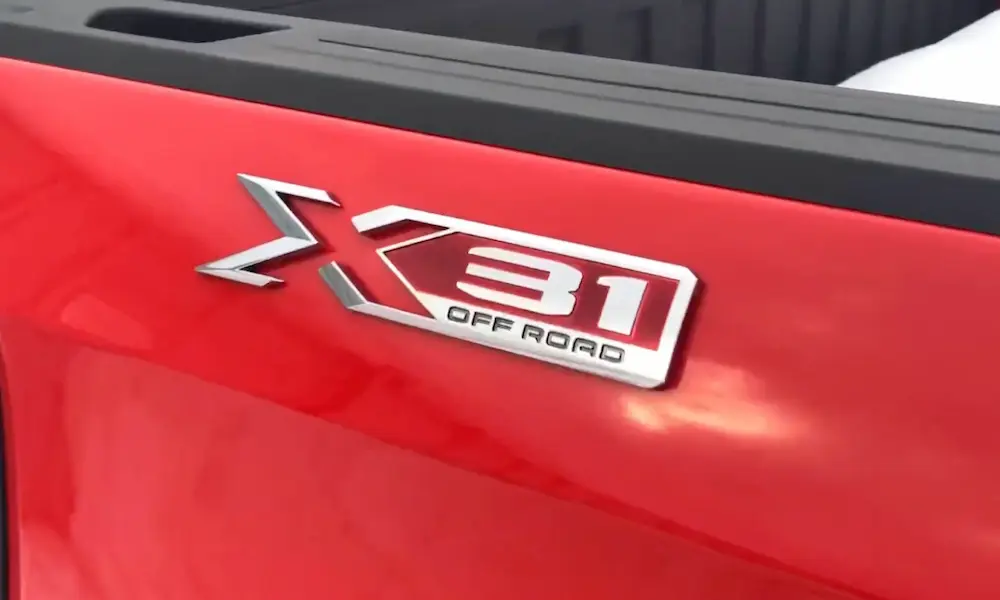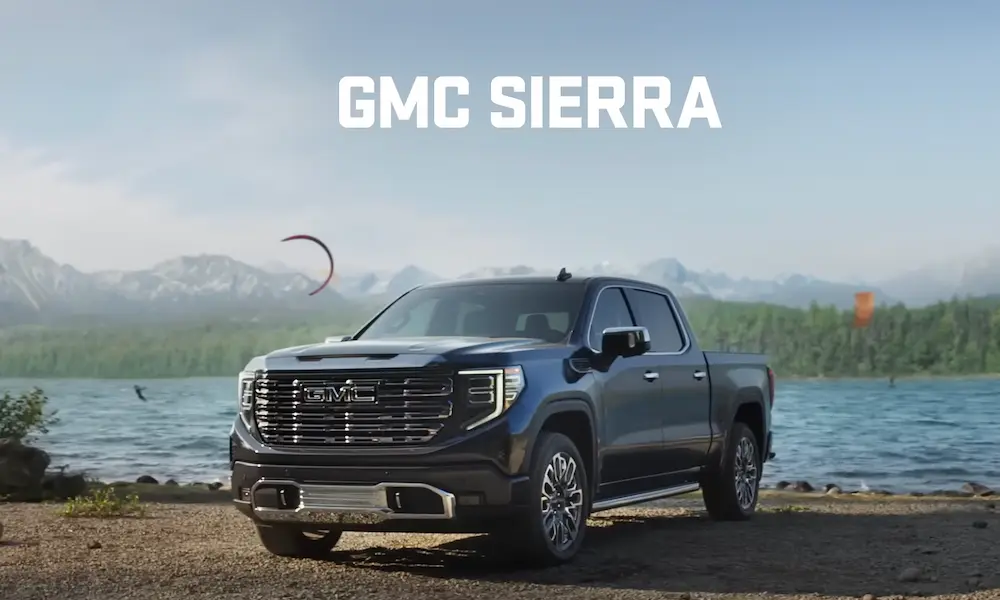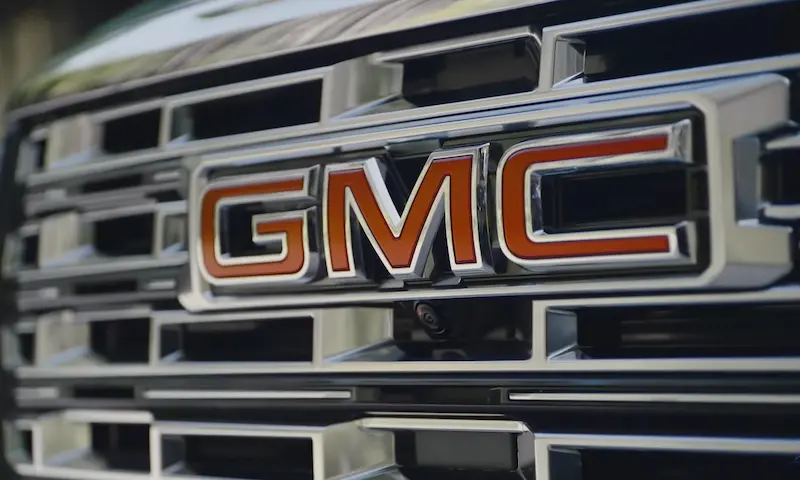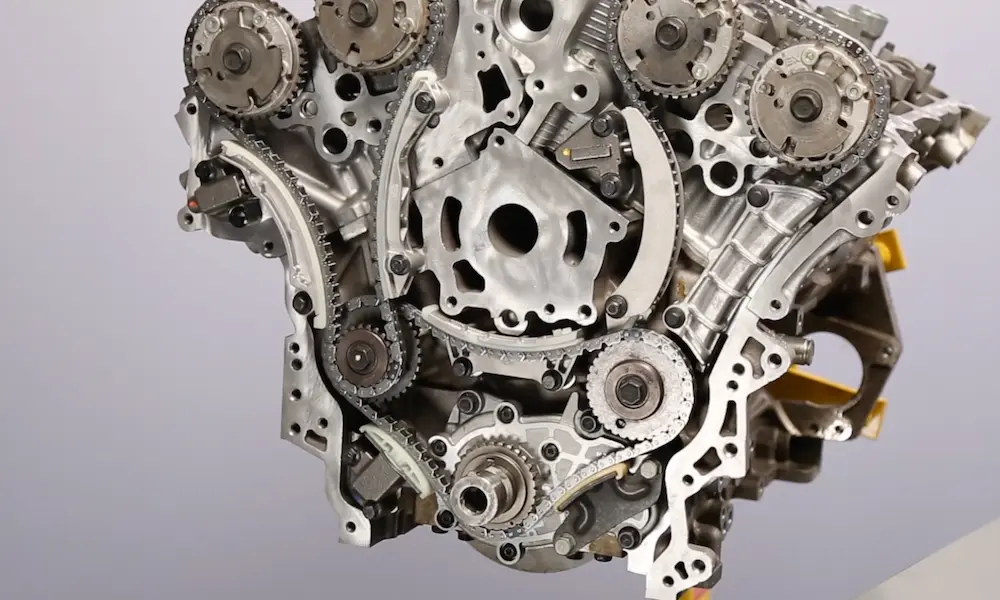When your truck suddenly stalls on the highway or you hear that distinctive knock from under the hood, you’re not just facing an inconvenience – you might be experiencing one of the widespread L87 engine problems affecting nearly 878,000 GM vehicles. This powerful 6.2L V8 engine, a premium option in many Chevy and GMC models, is now at the center of a major NHTSA investigation.
What Is the GM L87 6.2L V8 Engine?
The L87 6.2-liter V8 is part of GM’s EcoTec3 family, representing the fifth generation of GM’s small-block engines. Introduced in 2019 to replace the L86 version, it features:
- All-aluminum construction
- Direct-injection technology
- Dynamic Fuel Management (replacing the older Active Fuel Management system)
- Standard overhead valve design
- Forged steel crankshaft
- Cast nodular iron connecting rod bearing caps
You’ll find this engine in GM’s premium truck and SUV lineup, positioning it as the powerhouse option for customers wanting extra capability from their vehicles.
Which Vehicles Have the L87 Engine Problems?
The NHTSA investigation covers vehicles manufactured between 2019 and 2024, with the L87 engine installed in both standard and optional configurations:
Standard L87 Equipment:
- 2021–2024 Cadillac Escalade
- 2021–2024 Cadillac Escalade ESV
Optional L87 Equipment:
- 2019–2024 Chevrolet Silverado 1500
- 2019–2024 GMC Sierra 1500
- 2021–2024 Chevrolet Tahoe
- 2021–2024 Chevrolet Suburban
- 2021–2024 GMC Yukon
- 2021–2024 GMC Yukon XL
It’s worth noting that earlier model years might have the L86 engine instead of the L87. The L86 isn’t part of this investigation, so check your specific vehicle details if you’re unsure.
What’s Happening to These Engines?
The core issue with the L87 engines centers around connecting rod bearing failures that can lead to catastrophic damage. Here’s what’s happening inside your engine when these problems occur:
- The connecting rod bearings begin to fail
- This failure can eventually cause the connecting rod to break free
- In severe cases, the rod actually punches through the engine block
- The engine seizes completely, causing immediate power loss
What makes this particularly dangerous is that many owners report these failures happen without warning. Imagine driving at highway speed when your engine suddenly shuts down completely – that’s the scenario many L87 owners have faced.
Warning Signs of L87 Engine Failure
While some failures occur with no advance warning, others do show symptoms. Keep an eye (and ear) out for:
- Rattling noises coming from the engine bay
- Oil leaks appearing under your vehicle
- Sudden, unexplained loss of power while driving
- Engine stalling or complete shutdown
- Check engine light or other dashboard warnings
- Metal particles in the engine oil (visible during oil changes)
- Physical damage to the engine block (in advanced cases)
If you notice any of these signs, don’t wait – have your vehicle inspected immediately. The difference between catching a bearing problem early and experiencing a catastrophic failure could be thousands of dollars.
The NHTSA Investigation Explained
In January 2025, the National Highway Traffic Safety Administration’s Office of Defects Investigation (ODI) opened a preliminary evaluation into the L87 engine failures after receiving 39 complaints plus additional field reports.
This isn’t just a minor investigation – it covers an estimated 877,710 vehicles. The NHTSA is working to determine:
- The scope and severity of the problem
- Whether these mechanical failures pose a significant safety risk
- If a recall will be necessary
Should the NHTSA determine these engine problems constitute a safety issue, GM may be required to issue a major recall for some of its best-selling vehicles.
Technical Root of the Problem
While the exact cause is still under investigation, there are some technical insights about why these failures might be happening:
The L87 engine uses connecting rod bearing caps made of cast nodular iron. This material offers good strength and manufacturing advantages but is susceptible to:
- Surface defects
- Micro-shrinkage pores that can lead to cracks
These material properties could be contributing factors in the bearing failures, though this hasn’t been confirmed as the root cause.
In catastrophic failures, the internal forces generated are significant enough for a connecting rod to break through the engine block – suggesting serious problems with the bearing design or materials.
The Legal Response: Class Action Lawsuit
In April 2025, a class action lawsuit was filed against General Motors alleging that the L87 engines contain defective bearings. The lawsuit was initiated by an Illinois plaintiff who purchased a new 2023 GMC Yukon Denali.
According to court documents, the plaintiff’s vehicle experienced issues when the check engine light activated. Technicians found metal in the oil and damage to the engine block due to connecting rod bearing failure. Although his engine was replaced under warranty, the lawsuit claims that:
- GM has known about these L87 engine problems for “several years”
- The company failed to warn vehicle owners about potential engine failure
- GM is replacing defective engines with equally defective ones
The lawsuit seeks more than $5 million in damages and could potentially affect all owners of vehicles with the L87 engine.
GM’s Response to the Engine Problems
General Motors has acknowledged the investigation and expressed commitment to addressing the situation. In a statement, GM spokesperson Bill Grotz emphasized: “The safety and satisfaction of our customers are the highest priorities for the entire GM team, and we continue to cooperate with NHTSA’s evaluation of this matter.”
Interestingly, prior to the NHTSA investigation, GM had launched a “customer satisfaction program” in April 2024 to replace L87 engines in model year 2023 vehicles for owners who faced issues related to “oversized lifter bores.” However, this program was not a formal recall and may have addressed a different aspect of engine durability.
Currently, GM has not issued a formal recall specifically for the connecting rod bearing issues in the L87 engine. If they’re ultimately required to do so, it would mean addressing nearly 878,000 vehicles – a massive undertaking involving significant costs for parts, labor, and potentially entire engine replacements.
A Global Problem
The L87 engine problems aren’t contained to North America. Reports indicate that vehicles in Australia and New Zealand, where General Motors Specialty Vehicles (GMSV) sells the Chevrolet Silverado with the 6.2L V8 L87 as standard, are experiencing the same issues.
GMSV has acknowledged the situation, stating: “Our team in North America is working with the relevant authorities to fully investigate. We remain committed to our customers and will share more details on the potential impact to Australia and New Zealand customers in due course.”
While the exact number of affected vehicles in the Oceania region is unclear, numerous anecdotal cases of engine failures have been reported in social media groups and forums.
What This Means for Your Wallet
The financial impact of L87 engine problems can be substantial:
| Situation | Potential Cost |
|---|---|
| In-warranty engine replacement | $0 (but may take weeks due to parts shortages) |
| Out-of-warranty engine replacement | $8,000-$15,000 |
| Collision due to engine failure | Variable (plus increased insurance costs) |
| Resale value impact | Estimated 10-15% depreciation |
| Extended warranty costs | $2,000-$4,000 for powertrain coverage |
Many owners have reported waiting weeks for replacement engines, with GM reportedly struggling to keep up with demand for replacements. This has left some owners without transportation for extended periods.
Should You Still Buy a Vehicle with the L87 Engine?
With nearly 878,000 vehicles affected by this investigation, many potential buyers are questioning whether to purchase a GM truck or SUV equipped with the 6.2L V8.
Consider these factors:
- New vehicles likely benefit from any manufacturing improvements GM has made since the problems began
- Certified pre-owned vehicles often come with extended powertrain warranties
- Used vehicles without warranty coverage represent the highest financial risk
- GM will likely be required to address these issues via recall if the NHTSA investigation concludes they pose a safety risk
Your best protection if you’re set on an L87-equipped vehicle is ensuring you have comprehensive warranty coverage that specifically includes the engine.
How This Compares to Other Engine Problems
To put the L87 engine problems in perspective, here’s how they compare to other major engine issues in recent automotive history:
| Engine Issue | Approximate Vehicles Affected | Resolution |
|---|---|---|
| GM L87 6.2L V8 | 877,710 | Investigation ongoing |
| Ford EcoBoost 1.6L | 1.6 million | Recall for coolant leaks causing fires |
| Subaru FB25/FB20 | 400,000 | Extended warranty for excessive oil consumption |
| Toyota 3.5L V6 | 700,000 | Recall for fuel pump failures |
The L87 issue ranks among the larger engine investigations in recent years, affecting a significant portion of GM’s premium truck and SUV lineup.
The Future for L87 Owners
As the NHTSA investigation progresses, L87 engine owners should stay informed about developments. If a recall is issued, GM will be required to notify all registered owners of affected vehicles.
In the meantime, the best approach is preventative: maintain your vehicle meticulously, document any issues, and consider extended warranty coverage if your factory warranty is nearing its end.
The L87 6.2L V8 was designed to be GM’s premium truck engine – powerful, refined, and reliable. For many owners, it’s delivered on that promise. For others, it’s created significant headaches and expenses. Only time will tell if GM can address these problems effectively and restore confidence in what should be one of their flagship powerplants.











